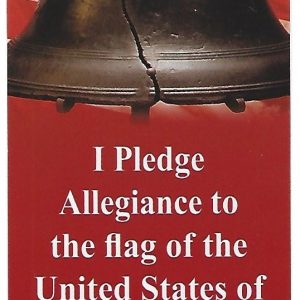Word of the Day: Charm
charm / ˈchärm
noun
1. the quality of being pleasing or attractive, either by nature or physical beauty
There is no personal charm so great as the charm of a cheerful temperament.
Henry Van Dyke, 1852-1933
2. an item used to ward off bad luck
I’m not really superstitious – I don’t have any lucky charms or a mascot.
Andrew Flintoff, 1977-
3. a small trinket worn on a bracelet
I used to collect charms and bracelets.
Natalie Grant, 1971-
4. a chant meant to have magical consequences; an incantation
His very beasts grow thin, as if a charm had been thrown over them.
From “La Sorcière: The Witch of the Middle Ages” by Jules Michelet, 1798 – 1874
verb
1. to compel or attract through beauty; to fascinate or enchant
Woman learns how to hate in proportion as she forgets how to charm.
Friedrich Nietzsche, 1844 – 1900
2. to influence through charisma
He does not attempt to charm the public, he offers nothing and promises nothing.
From “Living in Truth” by Vaclav Havel, 1936 – 2011
3. to act on something through a compelling force
“See, I will send venomous snakes among you, vipers that cannot be charmed, and they will bite you,” declares the LORD.
Jeremiah 8:17 (NIV)
4. to give or endow with magical properties by means of incantations
Silas now found himself and his cottage suddenly beset by mothers who wanted him to charm away the whooping-cough, or bring back the milk, and by men who wanted stuff against the rheumatics or the knots in the hands; and, to secure themselves against a refusal, the applicants brought silver in their palms.
From “Silas Marner” by George Eliot, 1819 – 1880
Etymology
Charm: from the Latin noun carmen (song) through the Old French charme.
Thank you to Allen Ward for this etymology.




